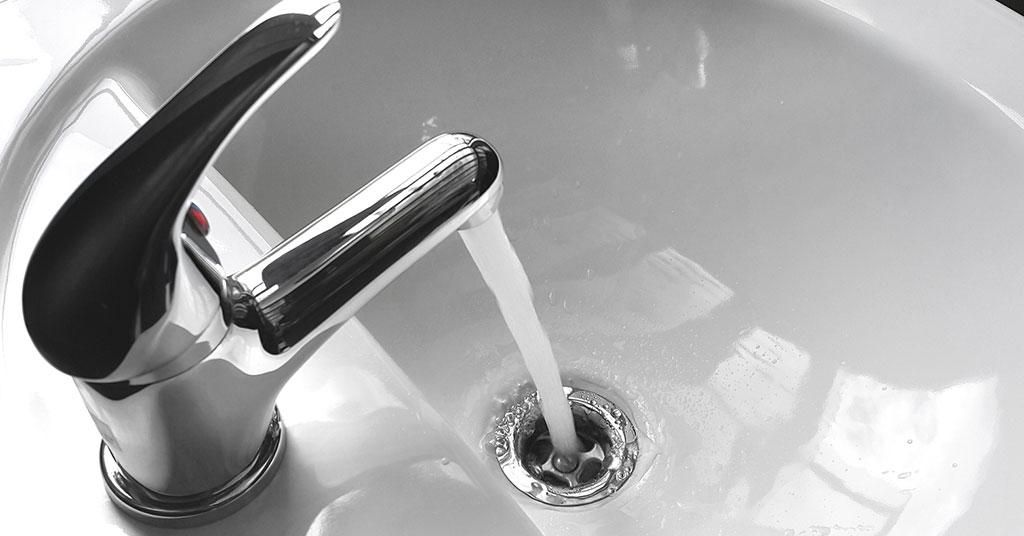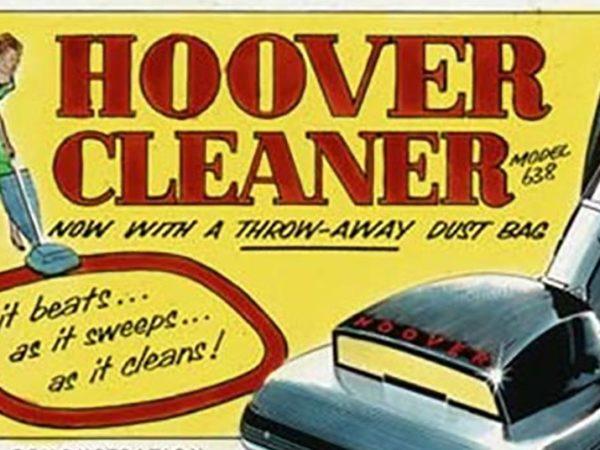
In 2016, South Africa experienced the lowest recorded rainfall since 1904, pushing most of the country into drought conditions. Other parts of the country have finally had substantial rains, but the Western Cape – and Cape Town in particular – remain critically short of water, with (at time of writing) roughly 100 days of potable water left.
As of 1 February 2017, Level 3B water restrictions are in place, and all of us should be doing what we can to conserve water.
Have you thought about how you can reduce the amount of water you use when cleaning? Consider changing your methods, and you may be surprised just how much water you can save with a little added effort.
Don’t leave the tap running
Leaving the water running while you wash dishes is a massive waste of water.
Instead use two basins or bowls. Include just a very little warm, soapy water in one, and fill the other with water for rinsing. You can also use sinks in this way, but basins or bowls are better. Then you can easily use the rinsing water that’s left afterwards to water your plants or an area outside.
Similarly, there’s no need to leave a tap running when cleaning sinks, counters, your bath tub or even your hands. Use water saved in a basin or bucket instead.
When you do use the tap, turn it on just briefly, for example to wet your hands or a dirty sink. Then turn off the tap while you scrub, and turn it on again to rinse off.
Soak your dirty dishes
Don’t use the stream from the tap to blast food residue from pots, pans and crockery. Rather, place caked cookware and dishes in a basin of warm water and leave them to soak until the food residue lifts.
Use buckets
Keep a bucket in your bathroom and use it to save water. For example, catch the water you run when you’re waiting for the bath or shower water to warm up. Then use this water – which is perfectly clean – for cleaning purposes.
Also keep a bucket or basin in your kitchen sink and use it to save the water you use to rinse fruit and vegetables, the odd dish and your hands. Generally this water is more than clean enough for certain cleaning jobs, especially where you’re going to rinse after an initial wash.
If the water has been too polluted for this purpose (for example by vegetable matter), use it as welcome relief for your pot plants or garden.
Buy energy-efficient appliances
If you’re thinking of buying a dishwasher for the first time, or if you’re considering replacing your existing dishwasher or washing machine, make sure you buy an energy-efficient model.
Energy Star-rated washing machines use up to 45% less water than regular washers per load, and Energy Star-rated dishwashers use up to 30% less water per cycle than older dishwasher models.
Don’t feel too guilty about using a dishwasher
Research suggests that washing dishes in a dishwasher uses less water than washing them by hand, especially in households with two or more members.
For example, a study conducted at the University of Bonn in Germany found that hand washers used roughly 108 litres of water, compared to the 16 litres used by an energy-efficient dishwasher for the same number of dishes.
However, this assumes that you’re fairly wasteful when it comes to hand washing. You can hand wash very economically by using a small basin and ensuring you don’t leave a tap running.
Pack your dishwasher properly
Packing your dishwasher incorrectly can leave you with crusty dishes that need to be rinsed and rewashed.
To optimise the cleaning power of your dishwasher, place plates and bowl with carbohydrate stains in the centre, and dishes with protein residue closer to the edges.
Always place bowls, cups and Tupperware upside-down to prevent pooling of dirty water, and don’t overcrowd your cutlery holder.
Only use your washing machine for full loads
Running your washing machine or dishwasher for just a few items wastes a lot of water. Rather plan so that you only run a machine when you have a decent-sized load.
If you absolutely have to do a partial load of laundry, adjust the washing machine water level accordingly.
Choose your washing machine cycle carefully
To prevent having to rewash or rinse items, make sure you use the correct cycle and the right amount of soap, and don’t overload the machine.
You can also save water by:
- always using the “small load” option if you’re doing a small load
- skipping the “pre-rinse” if your clothes aren’t very dirty
- avoiding cycles that include extra rinses, each of which can use an additional 20 litres of water.
Wash your car wisely
If you’re washing your car at home, use a sponge and a bucket of grey water from your washing machine, dishwasher or shower.
Also, there are many effective car-cleaning products on the market that allow you to wash and wax your car without using any water.
Use a bucket to rinse your cloth
Fill a bucket and use this water to rinse your cloth when cleaning. Rinse and refill the bucket when the water gets dirty. This will prevent water being wasted every time you open and close a tap to wet or rinse your cloth.
Use biodegradable cleaning products
Reduce your water consumption by using natural, biodegradable cleaners, such as lemons and vinegar. Because natural cleaners don’t contain foaming agents and harmful chemicals, there’s no need to wash foam or residue off surfaces when you’re done.
Keep up with regular cleaning
Clean your mirrors, windows and shower frequently, and you’ll find that you use less water than you would if you had to scrub caked dirt off these surfaces every few months.
The same goes for your carpets and rugs – clean spills as soon as they occur and vacuum regularly, so that you don’t have to shampoo as often.



